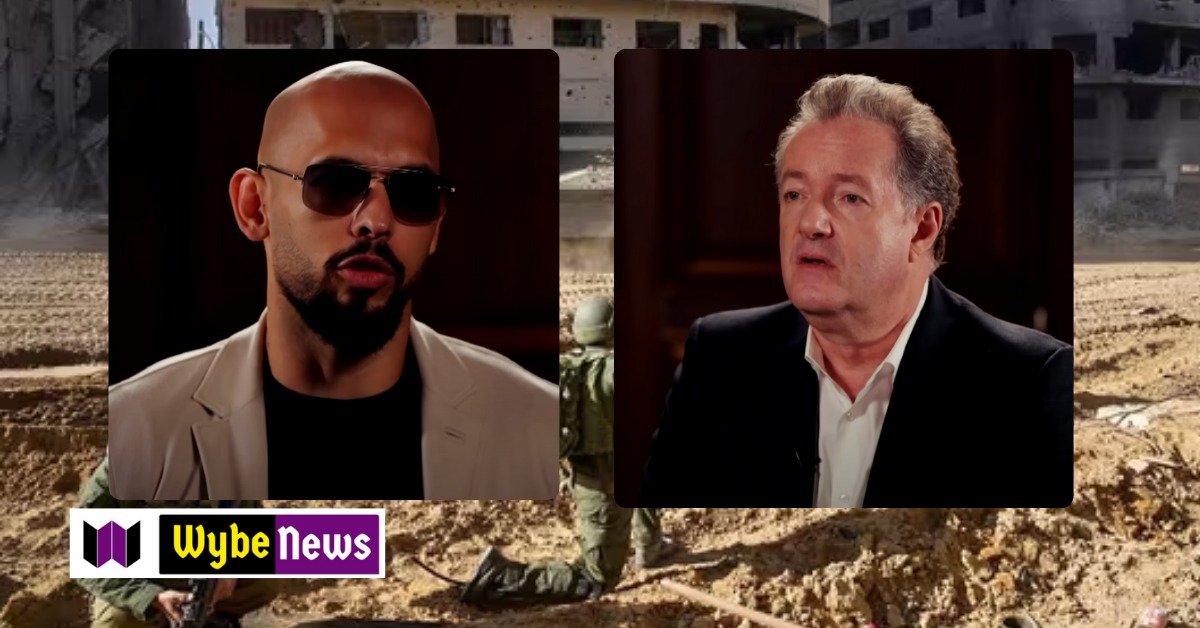Andrew Tate’s Stirring Critique: A Call for Reflection Amidst Ongoing Israeli-Palestinian Strife

As tensions in the Israeli-Palestinian conflict escalate, Andrew Tate’s recent passionate interview with Piers Morgan sheds light on the multifaceted nature of the ongoing crisis. This analysis delves into Tate’s viewpoints and the broader issues surrounding the war between Israel and Hamas.
The October 7th Atrocity:
Tate’s impassioned response to Piers Morgan’s question regarding a hypothetical scenario involving a terrorist in one’s home underlines the emotional toll of the conflict. The discussion challenges conventional perspectives on the Israeli response and raises questions about the proportionality of actions taken.
Dissecting Andrew Tate’s Critique:
Tate draws parallels between Israel’s military response and historical instances where excessive force led to radicalization. The discussion explores whether the pursuit of ending Hamas might inadvertently fuel its growth, echoing concerns raised by Elon Musk.
The Disproportionate Toll on Civilians:
We have to address the staggering civilian casualties, especially among children, in Gaza. Comparisons are drawn with conflicts worldwide, highlighting the immense human cost and the challenges posed to international norms of warfare.
Israel’s Defense and the Question of Legitimacy:
Tate’s critique challenges the notion of Israel’s adherence to international standards and moral norms. It explores statements from State Department officials defending Israel’s actions while questioning the proportionality of their military response.
Gaza: A Unique Theatre of War
The analysis delves into the unique characteristics of the conflict, emphasizing Gaza’s status as an open-air prison and the severe restrictions imposed on its population. This context frames the argument that conventional warfare may not be an apt description for the current situation.
Humanitarian Concerns and Evacuation Challenges:
The analysis discusses the humanitarian challenges faced by Palestinians, including restricted movement, lack of resources, and the difficulty of finding safe havens during Israeli military operations. It examines the impact of targeting evacuation routes and safe zones.
A Plea for Empathy and Understanding:
The analysis calls for a nuanced understanding of the conflict, transcending political narratives. It emphasizes the need for empathy toward all individuals affected, regardless of their political affiliations, and urges a reevaluation of strategies to ensure a more just and sustainable resolution.
Andrew Tate’s impassioned interview serves as a catalyst for a broader conversation on the complexities of the Israeli-Palestinian conflict. The article seeks to foster a more profound understanding of the human suffering involved and the imperative for re-examining approaches to achieve lasting peace.






